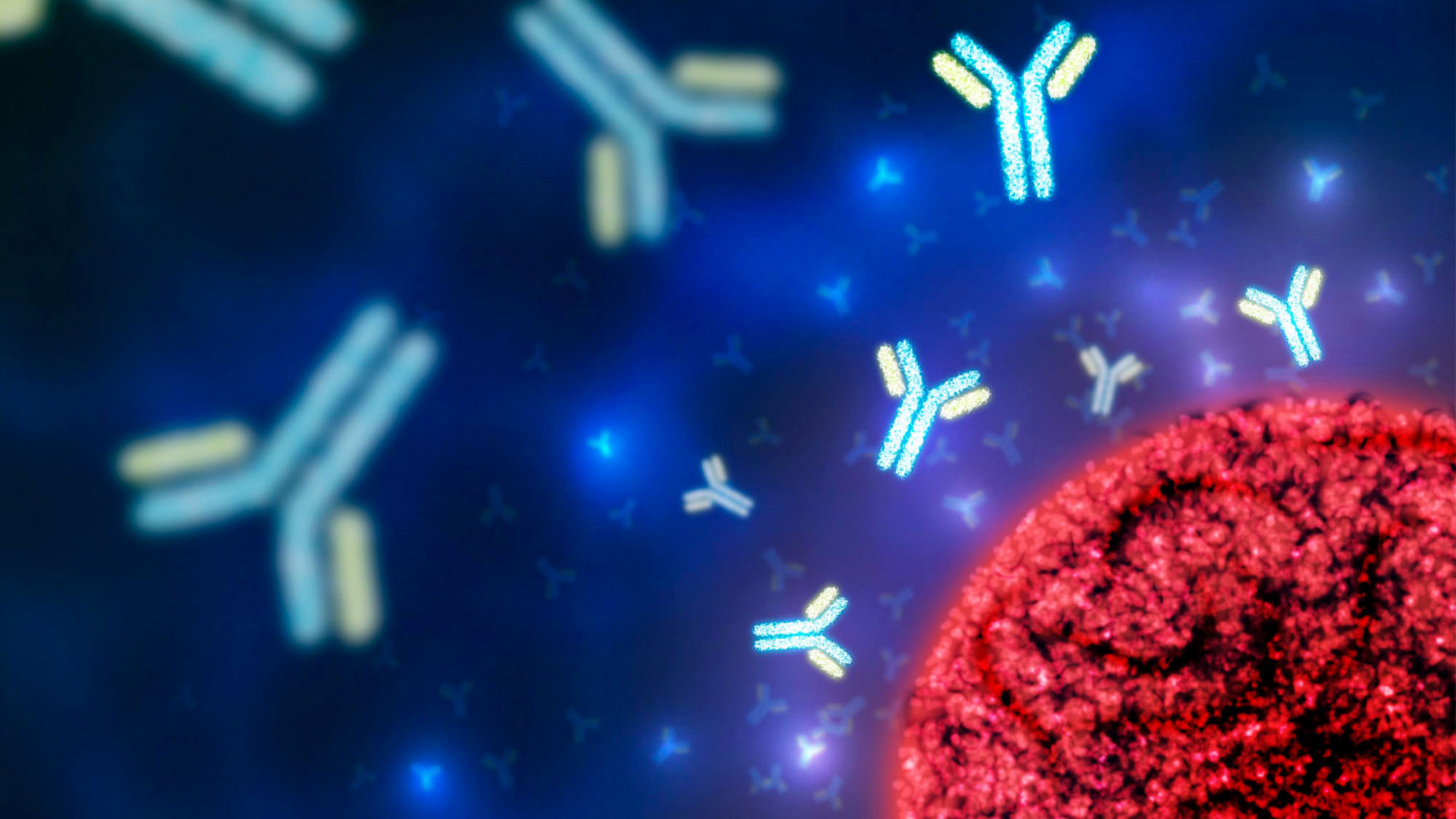A study led by Andrea Cerutti (Hospital del Mar Research Institute) has found that immunoglobulin A in the gut boosts the body’s response to pneumonia vaccines. The study was done in collaboration with the Sant Pau Biomedical Research Institute (IIB-Sant Pau), Vall d’Hebron Hospital, Weill Cornell University and Mount Sinai Hospital in New York and Boston University.
Research, carried out in mice and humans, has shown that the mice with immunoglobulin A deficiency responded poorly or not at all to pneumococcal vaccines. These vaccines are not directly related to immunoglobulin A, but trigger the immunoglobulin G response that generates the corresponding antibodies. However, this study shows that immunoglobulin A is necessary for the vaccine to be fully effective.
This is consistent with the fact that in humans, immunoglobulin A deficiency leads to a less effective response not only to the pneumococcal vaccine, but also to tetanus and diphtheria vaccines.
Immunoglobulin A deficiency affects 1 in 160 people in Spain.
Researchers hypothesise that immunoglobulin A deficiency causes the gut microbiota to be dysregulated. As a result, the immune system is overstimulated and cannot generate antibodies against pneumonia.
In addition, research suggests that treating immunoglobulin A deficiency with oral doses of the antibody may stimulate the body’s response to the vaccine. They also recommend treatment at an early age, as it may be less effective later in life.
It appears that the effects of immunoglobulin A deficiency on the immune system begin soon after birth. Therefore, therapy would have to be started in infants to be effective.
Andrea Cerutti (Hospital del Mar Research Institute)
The link between microbiota and immunoglobulin G has been observed before. In contrast, the immunoglobulin A-microbiota-immunoglobulin G triad had not been associated until now. “Knowing that a good immunoglobulin G response to vaccines depended on a healthy gut microbiota, we thought that immunoglobulin A, which covers 30% of the gut bacteria, could play an important role in this ecosystem. Immunoglobulin A maximises the diversity of the microbiota and promotes beneficial immunometabolic functions,” says Andrea Cerutti.
The research team now recommends including the effect of immunoglobulin A in studies on the relationship between gut microbiota and immune response because of the clear functional link found between the two immunoglobulins.
Gutzeit C, Grasset EK, Matthews DB, Maglione PJ, Britton GJ, Miller H, Magri G, Tomalin L, Stapylton M, Canales-Herrerias P, Sominskaia M, Guzman M, Pybus M, Tejedor Vaquero S, Radigan L, Tachó-Piñot R, Martín Nalda A, García Prat M, Martinez Gallo M, Dieli-Crimi R, Clemente JC, Mehandru S, Suarez-Farinas M, Faith JJ, Cunningham-Rundles C, Cerutti A. Gut IgA functionally interacts with systemic IgG to enhance antipneumococcal vaccine responses. Sci Adv. 2025 Feb 14;11(7):eado9455. doi: 10.1126/sciadv.ado9455. Epub 2025 Feb 12. PMID: 39937896; PMCID: PMC11817949.






